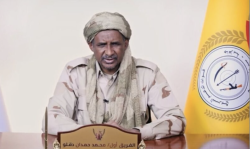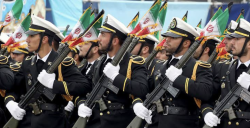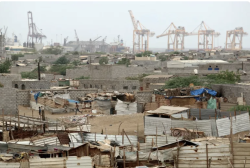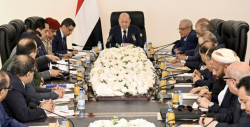Ukraine: With placards and tears, Poles are greeting refugees like family
- 2022-03-07 18:00:10


 Pierre Rayer: Art, Science, and Happiness: The Universal Mission of Transmission to Future Generations through Patronage at the Louvre Abu Dhabi
Pierre Rayer: Art, Science, and Happiness: The Universal Mission of Transmission to Future Generations through Patronage at the Louvre Abu Dhabi Ahly crowned Super champions after dramatic extra-time win over Modern Future FC
Ahly crowned Super champions after dramatic extra-time win over Modern Future FC Yemeni Honey..A Development Wealth Threatened By Conflict And Climate Change
Yemeni Honey..A Development Wealth Threatened By Conflict And Climate Change California wildfires: Millions warned of possible power cut
California wildfires: Millions warned of possible power cut Central African rebels launch attacks near capital
Central African rebels launch attacks near capital RSF commander agrees to three-month humanitarian truce in Sudan
RSF commander agrees to three-month humanitarian truce in Sudan Iran warns Israel: Crushing retaliation coming
Iran warns Israel: Crushing retaliation coming UAE Calls for Unconditional and Immediate Ceasefire to End Civil War in Sudan
UAE Calls for Unconditional and Immediate Ceasefire to End Civil War in Sudan Yemen : Woman Killed in Houthi-Suspected Shelling South of Hodeidah
Yemen : Woman Killed in Houthi-Suspected Shelling South of Hodeidah Yemeni Gov't Tightens Travel Restrictions on Ministers , Senior Officials
Yemeni Gov't Tightens Travel Restrictions on Ministers , Senior Officials
